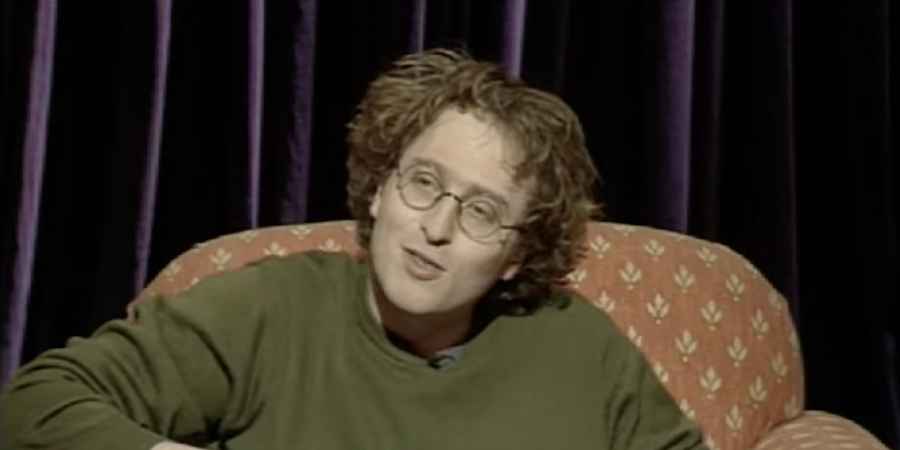

This page is more than one year old.
In 1997, Channel 4 broadcast 'For The Love Of... Ghosts', a late-night show where Jon Ronson chaired a discussion on ghost hunting and paranormal experiences. The episode featured guests with a keen interest in the paranormal, including those who would later become well-known within the field, like Jason Karl of 'Most Haunted'.
The late-night show offered a snapshot of paranormal investigation at a time when the field was beginning to blend traditional beliefs with emerging technologies. Looking back at this show not only provides insight into how ghost hunting has evolved but also reflects on the cultural fascination with the paranormal that continues to grow.
We revisited this forgotten show from the Channel 4 archives, which is available to watch in full on YouTube, in the hopes of gaining insights into the state of paranormal investigation at the time and to compare it with modern beliefs, theories, and methods in ghost hunting.
Jon's hosting style was impartial, allowing his guests, who all shared a belief in the paranormal, to express their views without critique. The show didn't aim to sensationalise but rather to give space for open discussion on a subject often met with skepticism.
The guests included ghost investigators, a parapsychologist, bus drivers with a passion for the paranormal, and researchers from the Society for Psychical Research (SPR) and the Association for the Scientific Study of Anomalous Phenomena (ASSAP). They discussed their experiences and theories related to ghost hunting, providing insight into the practices and beliefs of the time.
Jason Karl talked about living in what he described as Britain's most haunted house, Chingle Hall in Lancashire, where he encountered various phenomena. He suggested that geographical factors like ley lines could influence the likelihood of hauntings, a common theory in ghost hunting circles.
Liz Linahan discussed the human aspect of paranormal beliefs, drawing from interviews to explore why people are drawn to ghost stories, from ancient folklore to personal experiences with the unexplained.
Stuart Hobson, a bus driver from Sheffield, spoke about how his journey into ghost hunting was influenced by an unexplainable photo taken by his wife in a graveyard. This eventually led him to a physical encounter with a ghost at the infamous Chillingham Castle.
Tony Cornell from SPR shared his personal journeys from skepticism to belief in the paranormal. Tony's early skepticism was challenged by a series of encounters and experiences that began in his youth and extended into his travels, notably including a mystifying experience with a holy man in India.
Phillip Walton, a member of ASSAP who builds his own investigative equipment, tells us that he believes that much of what is perceived as ghostly or supernatural goings on might actually originate from living humans through mechanisms like psychokinesis (PK) or heightened emotional states. He suggests that stress, significant life changes, and the emotional energy of individuals can manifest in physical ways that are often interpreted as paranormal activity.
Dave Williamson, a bus inspector, talks about his work helping spirits transition to the afterlife, a practice he described as "ghost rescue." His approach represents a compassionate stance towards spirits, viewing them as entities needing assistance rather than sources of fear. Dave suggests that spirits might remain because of unfinished business or a reluctance to leave familiar surroundings. His work includes not only facilitating the passage of these spirits but also understanding their reasons for staying, whether it's due to a violent departure from life or a fear of facing their own deeds in the afterlife.
A stand-out moment in the discussion was the use of technology in paranormal investigations. At the time, tools like infrared sensors, ultrasonic sensors, and night vision cameras were used to detect human presence and rule out fraud. Today, almost three decades later, these same types of devices are used with the belief that they can directly detect ghostly presences.
While not widely remembered, the episode of 'For The Love Of...' serves as a time capsule, capturing the state of paranormal investigation and ghost hunting in the late '90s. The conversation from that time shows how practices and beliefs have shifted, particularly in the use of technology, from a tool for debunking to one believed by many to facilitate direct communication with the supernatural.
Further Reading
Dive into the world of the paranormal and unexplained with books by Higgypop creator and writer Steve Higgins.

Alone At The Inn
The full account of a solo paranormal investigation at the Ancient Ram Inn, tied to a documentary film.
Buy Now
Encounters
A historical overview of UFO sightings and encounters, from 1947 to modern government reports.
Buy NowMore Like This
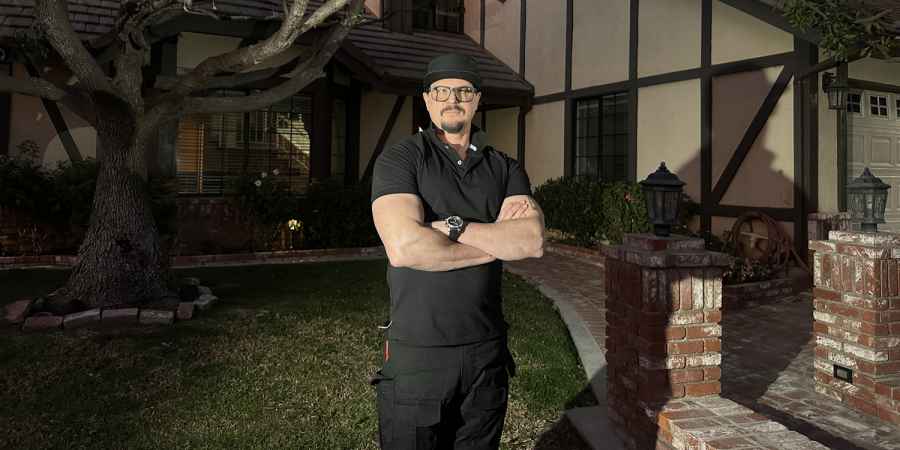
Ghost AdventuresApril 13, 2025
Watch A Sneak Peek Of The New Season Of 'Ghost Adventures'
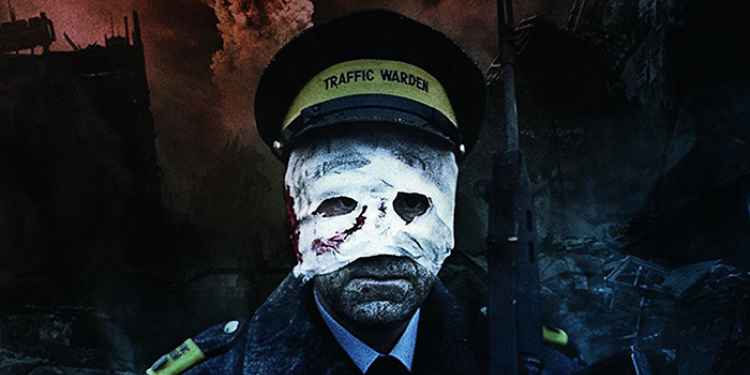
ThreadsApril 09, 2025
Grim Apocalyptic BBC Drama 'Threads' To Be Reimagined As A TV Drama Series
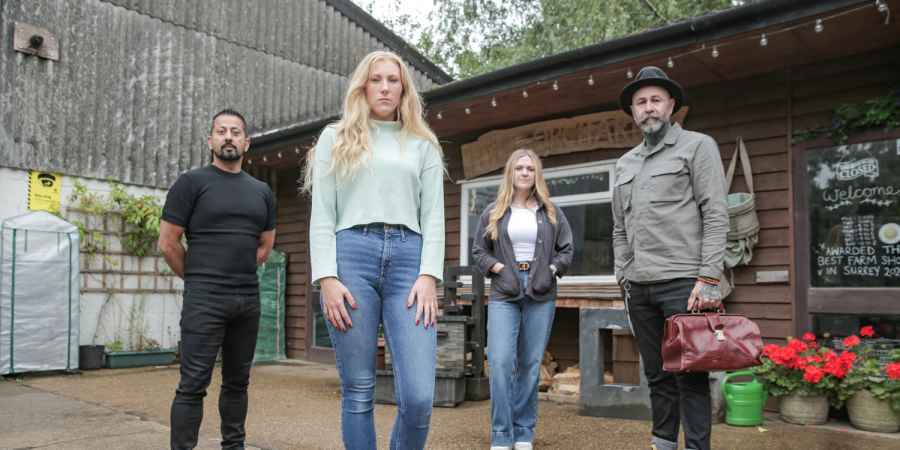
Help My House Is HauntedMarch 19, 2025
The Ghostly Victim Of A 1700s Murder Terrifies The 'Help! My House Is Haunted' Team
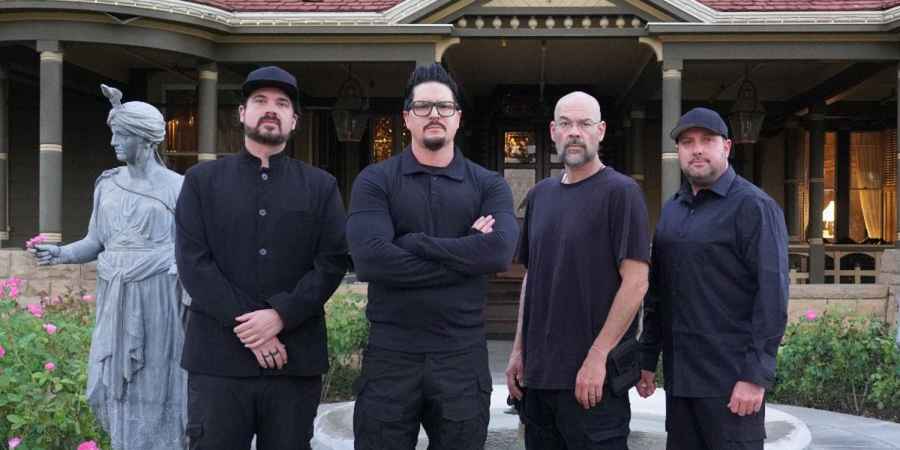
Ghost AdventuresMarch 18, 2025
'Ghost Adventures' Returns With Infamous Locations, Special Guests & Historic Curses
 See More on Audible
See More on Audible
Comments
Want To Join The Conversation?
Sign in or create an account to leave a comment.
Sign In
Create Account
Account Settings
Be the first to comment.